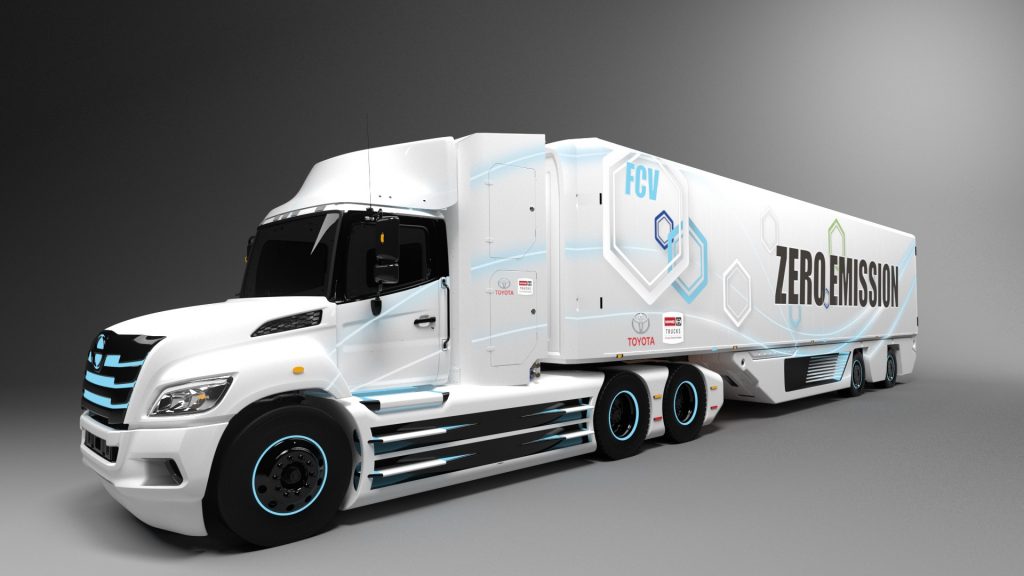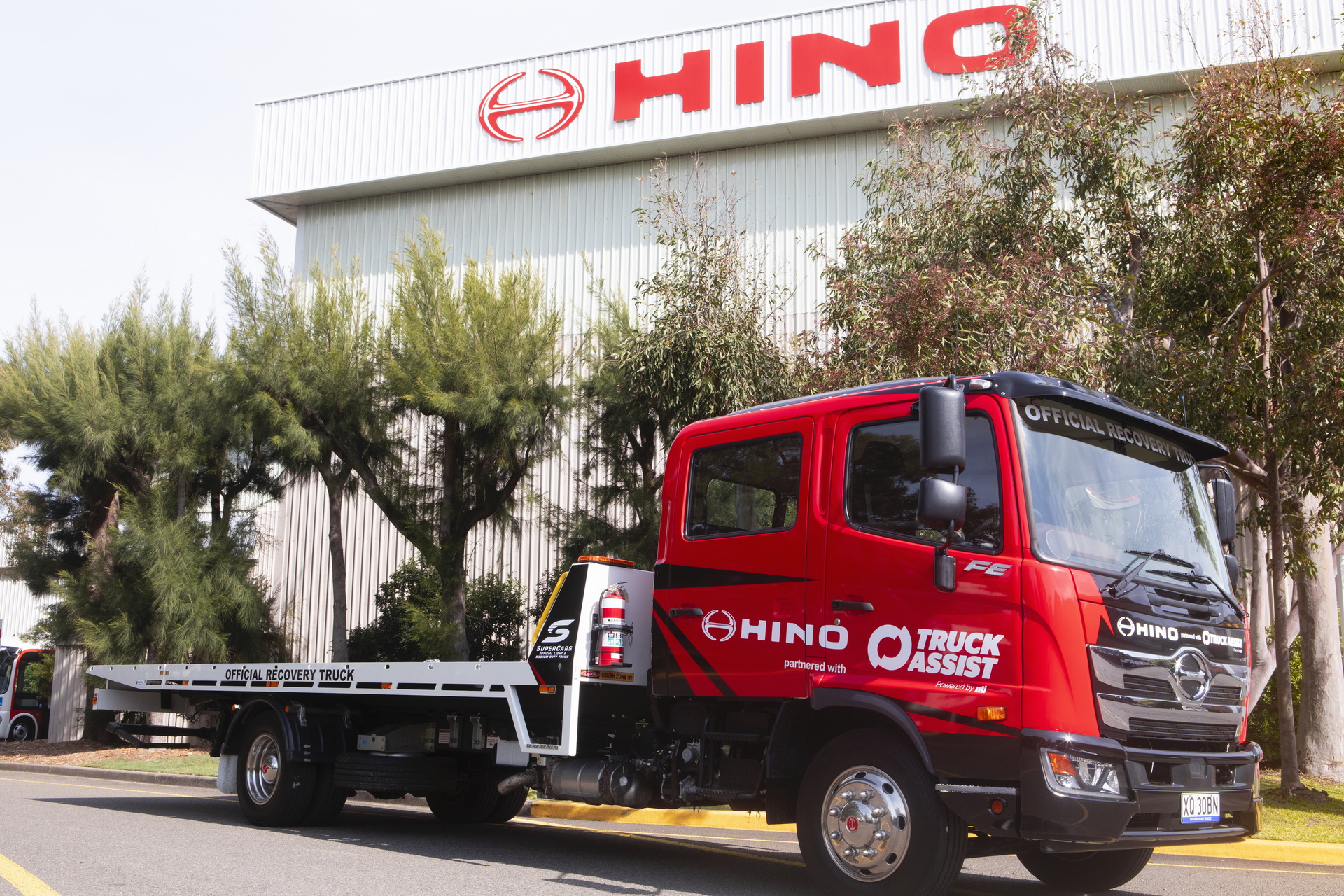Hino Motors has been expelled from the Commercial Japan Partnership Technologies Corporation (CJPT) by Toyota, the company that owns a majority stake in the truckmaker.
The move comes just a year after Hino joined the commercial vehicle consortium whose goal is to speed the transition to battery electric, hydrogen, and fuel cell vehicles. Akio Toyoda, the president of the Toyota Motor Corporation, was the one who suggested that the truckmaker leave the consortium following the revelation that it had falsified its emissions data.
“We are extremely disappointed with the company’s misconduct in relation to the certification testing, which has greatly undermined the trust of our customers and all other stakeholders,” said Toyoda, in a statement. “Hino has committed misconduct in engine certification for a long period of time, and the company is in a situation where it is not to be recognized as one of the 5.5 million individuals in the Japanese automotive industry.”
Read More: Toyota’s Hino Emissions Scandal Spreads In Japan As Light Truck Shipments Halted
An internal probe, the results of which were released in early August, found that Hino was falsifying emissions data for some engines since 2003. At the time, the truckmaker initiated a recall of more than 60,000 vehicles whose engines polluted more than regulations allowed.
Just this week, however, Hino was forced to stop shipments of new vehicles containing its 4.0-liter diesel engine for further misconduct. That means that the company will have to pause deliveries of around 60 percent of its vehicles.
It claimed, though, that, in this case, the company simply failed to understand emissions regulations, and was not intentionally falsifying data. Regardless, Toyoda believes that this emissions misconduct means that Hino has no place in the CJPT.
“As of now, we believe that Hino‘s participation will cause inconvenience to stakeholders, and we have decided that it is appropriate to expel Hino from CJPT,” he said. “We will continue to work with our partners on the project to solve the issues facing the transportation industry and contribute to achieving a carbon-neutral society.”






